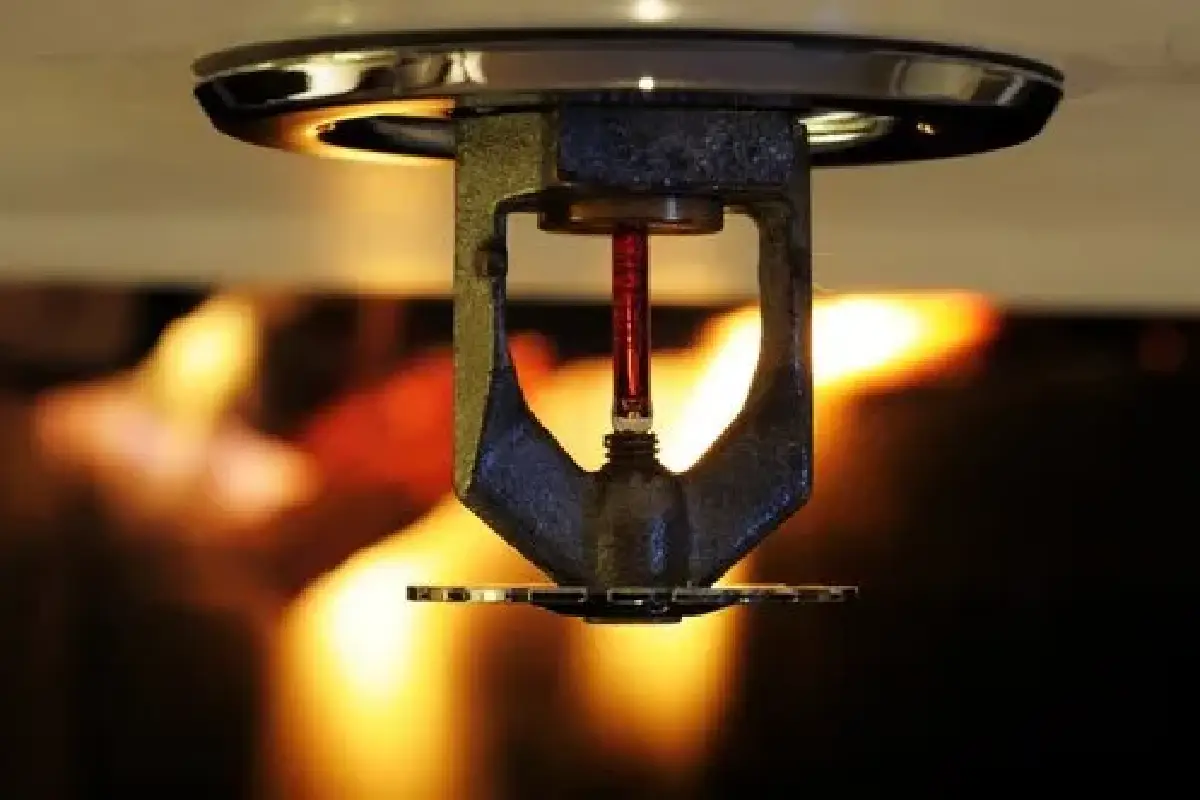Avoiding Common Mistakes When Applying For NFPA Certification

Avoiding Common Mistakes When Applying For NFPA Certification
In terms of fire safety, making errors is not an option. To guarantee maximum caution, getting certified by the esteemed National Fire Protection Association (NFPA) may be demanding. But, if you avoid typical blunders, you can simplify and expedite the path to obtaining NFPA certification.
This article will identify and address typical errors emerging when applying for an NFPA 70E certification and how fire safety professionals frequently make them. It will also suggest practical solutions to help you overcome these challenges.
By mastering these concepts and adopting recommended approaches, you can elevate your proficiency in fire safety and contribute significantly to ensuring a secure atmosphere for everyone.
Table of Contents
Incomplete Documentation and Regulatory Compliance
One of the most common errors is incomplete documentation. The NFPA has stringent requirements for paperwork, and failing to provide all necessary documents can lead to application rejection. Ensuring you have gathered all the required papers before submitting your application.
Failing to comply with rules established by organizations such as the National Fire Protection Association (NFPA), particularly those related to fire safety, should be avoided. Ignoring these guidelines might cause your certification application to be rejected.
Consequently, staying informed about recent NFPA recommendations and ensuring your processes are consistent is vital. This approach helps you satisfy regulatory demands, improve fire safety precautions, and secure mandatory endorsements effortlessly.
Timing and Equipment Selection
Poor timing can also result in complications. Starting the application process too late or rushing through it can lead to errors and oversights. Plan and give yourself ample time to prepare for the certification process.
Equipment selection errors are another common mistake. The NFPA has specific equipment guidelines, and inappropriate or substandard equipment can lead to NFPA 70E certification refusal. Always adhere to NFPA’s equipment recommendations to ensure your application’s success.
Coordination and Water Supply
Lack of coordination among team members can lead to inconsistencies and mistakes. Ensure regular communication with your team to prevent any misunderstandings or information gaps.
Inadequate water supply is a common error in fire protection systems. NFPA standards require a sufficient water supply for firefighting purposes. Ensure your system meets these requirements to avoid any hitches in your application.
Studying and Scheduling
Regarding certification exams, studying correctly or scheduling wisely can lead to success. Build your confidence first and plan your study sessions in a way that allows you to cover all necessary material before the exam.
Fire Suppression System Certification Requirements
NFPA 13, the standard for fire suppression systems, provides specific requirements to ensure adequate fire safety measures. Ignoring these crucial standards can lead to common errors and even certification refusal, compromising your property’s and occupants’ safety.
It is imperative to always refer to the comprehensive NFPA guidelines when installing, inspecting, and maintaining fire suppression systems to ensure optimal protection against potential fire hazards.
Avoiding Common Mistakes When Applying for NFPA Certification – In Conclusion
Securing NFPA (National Fire Protection Association) certification demonstrates a strong commitment to upholding fire safety standards. When applying for NFPA certification, like the NFPA 70E certification, understanding the necessary steps helps simplify the procedure and increases your approval odds. Thorough preparation and familiarity with NFPA guidelines play pivotal roles throughout this journey.

